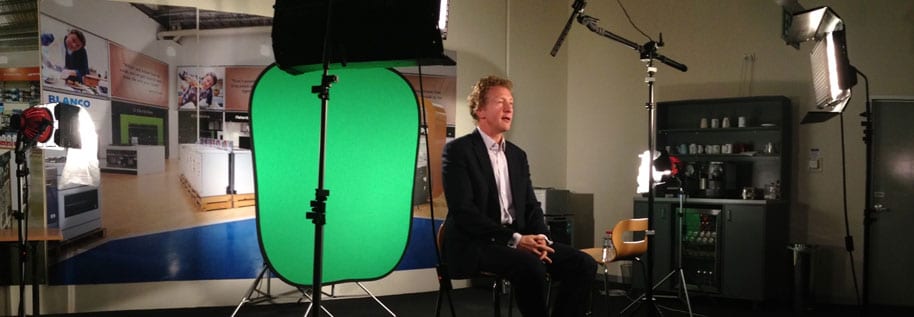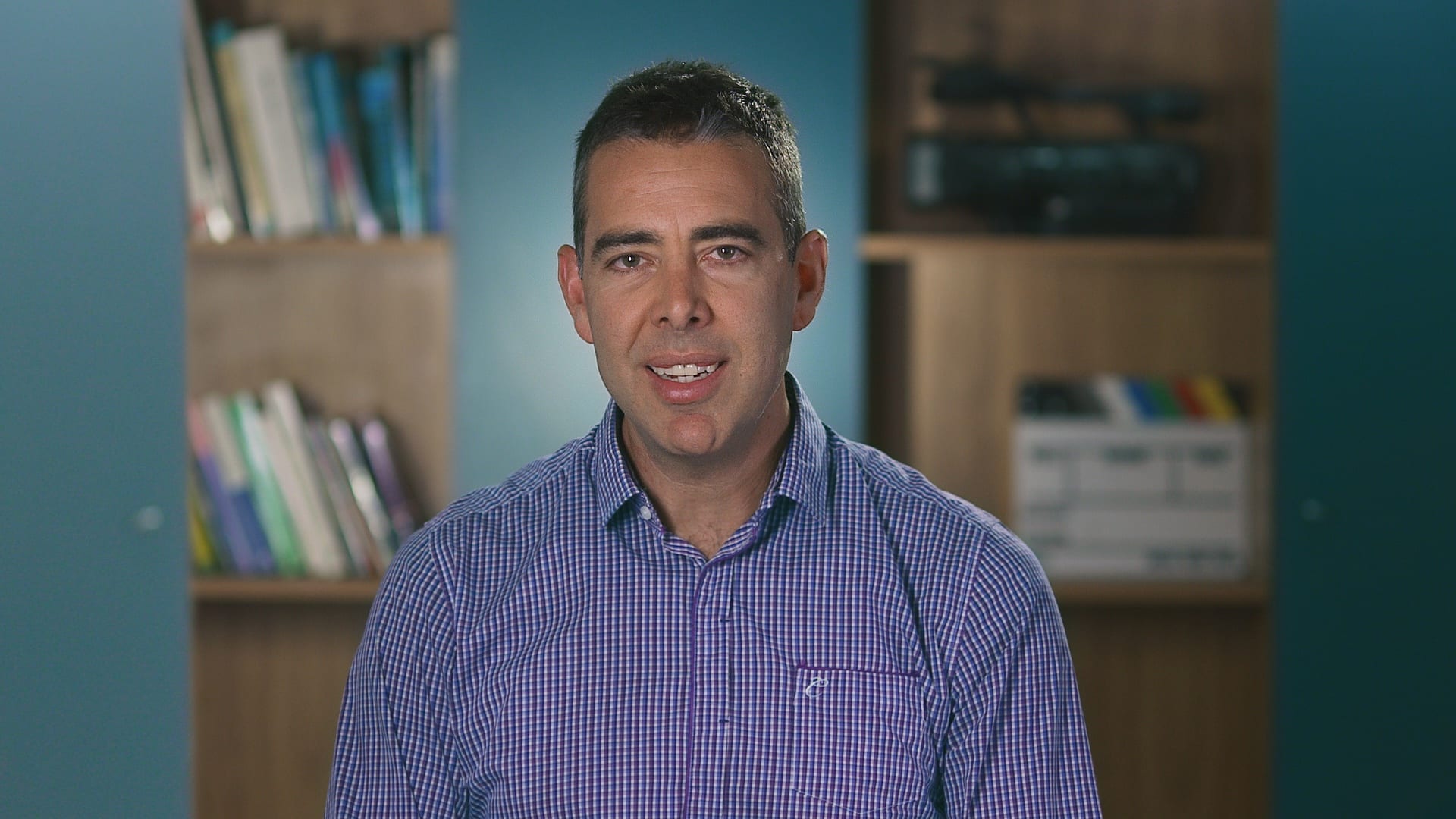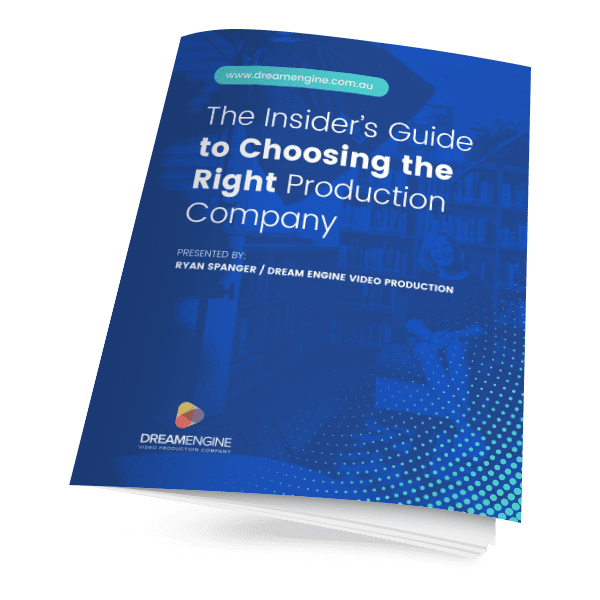There’s nothing worse than putting your heart, your soul and your budget into a project only to have it fall into a forgotten heap. But learning from your mistakes is the only way up, so:
If you’ve ever created a corporate video that didn’t quite get the response or the outcome you’d hoped for, then this post is for you.
Maybe you’re planning a corporate video but worried it won’t gain traction. This post is also for you.
Step 1: Lose the ego
Many corporate videos make the mistake of propping their subject up on a pedestal. This doesn’t work because the internet savvy generation has a pretty good handle on what’s real and what’s just marketing spin. We make up our minds on results, not on what we’re told. Instead of heralding your company or product as the industry leader, draw on something more tangible like customer testimonials or results. Remember, the more you can visually demonstrate this point, the better. While you’re planning your video, put yourself in the shoes of your customers and think hard about what it would take for you to be influenced or persuaded by a video.
Sorry, say that again?
People in the video industry often say that a video is 50% about the sound and 50% about the visuals. Think about it, have you ever tried to watch a video that had poor sound and you had to strain to understand it? It’s a quick way to turn people away from your video but it’s so easy to fix. If you’re producing your own video, invest in a microphone. The camera microphone WONT DO THE JOB. Good videographers will use a directional microphone with a mixer to get crystal clear audio. Here at Dream Engine we’re pretty fanatical about getting the microphone as close as possible and it’s worth the time invested.

Great audio is very nice but there is one little problem emerging: 85% of video on Facebook is watched without the sound . Crap. What can you do about it? If your video is destined for social media then it’s absolutely worth planning it out with the intention that people might never hear it. Subtitles are a great start but if the video is especially wordy then they can get tiresome. Browse Facebook and you’ll see lots of innovative tricks that people are employing to get around the no sound problem. Motion graphics with large titles and simple concepts that don’t need any words are becoming the norm on Facebook.
Boring corporate videos
This is another one that plagues many corporate videos. The desire to communicate a lot of information can start to fatigue the audience. It can be hard to recognise because you need to look at the video with unbiased eyes. Two good ways to avoid this is to have an independent party watch your video before you release it and to keep the video length under 5 minutes. As always, think about what information your viewers really want and try to boil it down in the simplest way possible.
The star wipes aren’t making it any better
Sometimes if a video is going pear shaped, it’s tempting to start filling it with anything that will brighten it up. Star wipes, lens flares, extreme colour grades… you know the sort of thing I mean. While these might brighten up your video, they’re really just distracting from a dull video. Quality content is the key to making a video that people will want to watch. Use some of these kind of special effects to glam it up if you must, but be sparing and only use what fits stylistically with the whole video.

Give them something to click on
It’s possible you had a great video all along but it never got results because you never told the viewers what to do. That’s why a call to action is important. There are a number of ways you can implement a call to action. You could ask your viewers to ‘share’ or ‘like’ your video. You could include a clickable link to direct them to your website or another video. You can also set up a form to capture email addresses at the end of the video. The important thing is being direct and clear about what you want viewers to do next.
If you follow the tips and advice in this video you’ll be well on the way to creating a corporate video that actually works. If you want help with a project from an experienced team then contact DreamEngine here to get started.

Ryan Spanger is one of Melbourne’s most respected and sought-after video production professionals. Ryan founded Dream Engine in 2002, and specialises in helping medium to large corporates, government departments, and the non-profit sector to connect with their audience more effectively by using video.
